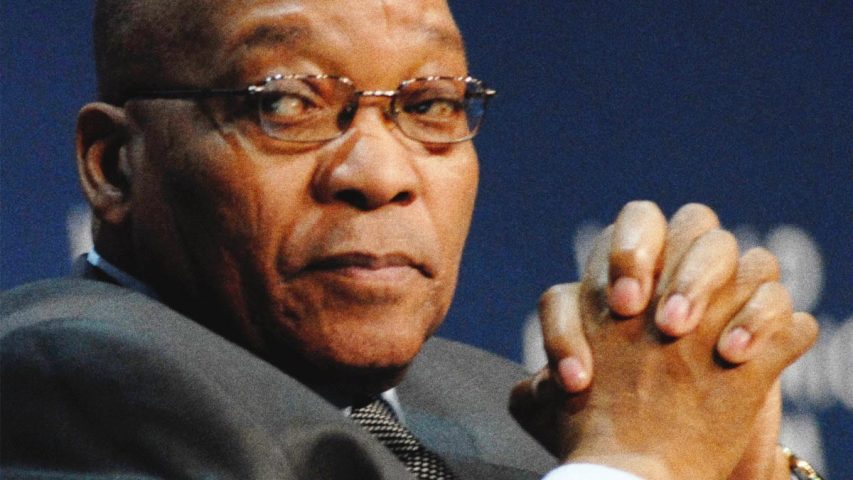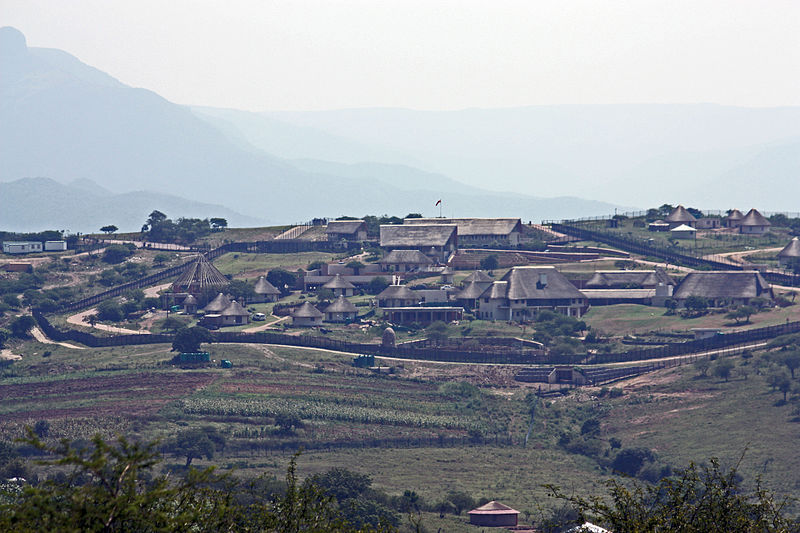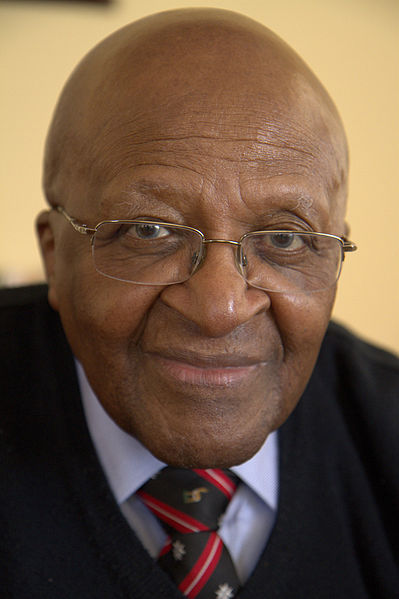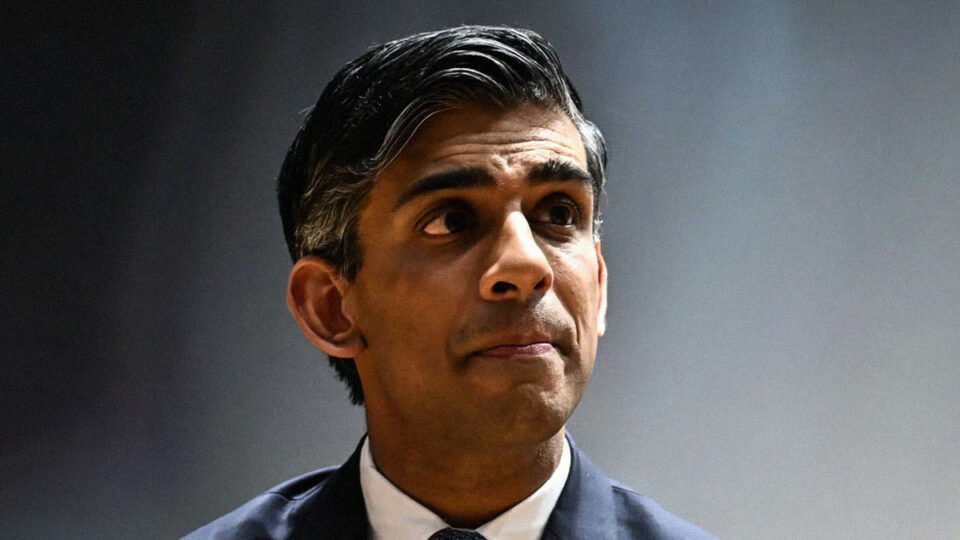- Have any questions? Contact us!
- info@dr-rath-foundation.org

Omega-3 fatty acid supplements help reduce inflammation in chronic kidney disease
June 18, 2015
Don’t listen to the media: Micronutrient supplementation can enhance immune function and suppress infection
July 1, 2015Zuma’s South Africa: What’s happened to Mandela’s dream?

Jacob Zuma, president of South Africa (Image: Wikipedia Commons, CC BY-SA 2.0)
Twenty five years ago the world was celebrating the end of apartheid in South Africa. In only a few short months, following a struggle that had lasted over 40 years, the ban on the African National Congress (ANC) had been lifted, Nelson Mandela was released from prison and the stage seemed set for the dream of a rainbow nation at peace with itself and the world to become a reality. Today, however, with over 26 percent of South Africans unemployed, poverty rife and anti-immigrant unrest spreading, Mandela’s ideal of a democratic and free society in which all persons live together in harmony and with equal opportunities seems further away than ever. So what’s gone wrong?
Clearly, the major part of the blame has to be laid at the door of the country’s current president, Jacob Zuma. Even before he took up the post in 2009, Zuma was facing an astonishing 783 counts of alleged fraud, racketeering, tax evasion and corruption. But in an outcome that has essentially come to symbolize his presidency, the charges were quashed on procedural grounds without being properly tested in court.
Similarly, the corruption revelations surrounding the over 200 million Rand (US$16.5 million) of taxpayer’s money, spent by Zuma on dubious “security upgrades” to his private homestead in Nkandla, haven’t done his reputation any favours either. Despite the money having been squandered on the compound under suspicious circumstances, as revealed by a damning report, and a swimming pool, visitors’ centre, amphitheatre, cattle kraal, marquee area, extensive paving and new houses for relocated relatives having been built, Zuma defiantly refused to resign the presidency and the scandals, cronyism and charges of graft continued just as before.

Jacob Zuma spent over 200 million Rand (US$16.5 million) of taxpayer’s money on his private homestead in Nkandla.
(Image: Wikipedia Commons, CC BY-SA 3.0)
Zuma and big business
A particular feature of Zuma’s reign has been his close relationships with multibillion dollar business interests. Grilled in the South African parliament in 2013 about his relationship with Indian tycoons and their direct contact with members of his cabinet, and with tales of cosiness between people in the ANC and big business becoming increasingly commonplace, Zuma brazenly brushed off the idea that there was anything wrong with this. Disingenuously stating that his cabinet has an “open-door” policy, he opined that “any member of the public within South Africa and beyond our borders is free to contact members of my cabinet, the executive or the public service directly. This is in line with the ethos of our administration which promotes an open and accessible government.”

Nobel Peace Prize winner Archbishop Emeritus Desmond Tutu has gone on record as saying he now sees the ANC government under Zuma as being “worse than the apartheid government.
(Image: Wikipedia Commons, CC BY 3.0)
Desmond Tutu says Zuma worse than apartheid
Fortunately, some former supporters of the ANC have seen enough and are speaking out publicly. One prominent critic is Nobel Peace Prize winner Archbishop Emeritus Desmond Tutu, who has gone on record as saying he now sees the ANC government under Zuma as being “worse than the apartheid government“. Significantly, Tutu even predicts that South Africans will one day pray for the downfall of the ANC just as they previously did with the apartheid government.
Tellingly however, it would appear that Zuma is no longer even listening. Only days ago, he allowed a blood-soaked dictator to escape justice while visiting South Africa. Accused of war crimes on ten counts by the International Criminal Court (ICC), disgraced Sudanese president Omar al-Bashir had been an honoured guest of Zuma at an African Union summit in Johannesburg. Despite being legally obliged to arrest Bashir under international law, and the South African High Court banning him from leaving and ordering the government to detain him, Zuma and his ministers elected instead to plot the dictator’s escape via private jet.
Our 2003 ICC Complaint against Zuma and others
Back in 2003, six years before he assumed the South African presidency, Zuma was one of the accused named by us in the Complaint Against Genocide and Other Crimes Against Humanity we submitted to the ICC. His statements that “nutrition is not a substitute for appropriate HIV and Aids treatment” clearly demonstrated to us that he fully intended to ignore the scientific evidence that micronutrients can reverse the course of AIDS. In the years that have followed, not only have we been proven right about Zuma, the scientific evidence that we were right about the power of vitamins against HIV and AIDS has continued to mount. Unfortunately therefore, until such time as Zuma is replaced by a president who truly places the interests of his citizens higher than those of himself and his corporate connections, not only will the people of South Africa continue to suffer and die from diseases that can be controlled safely and naturally, corruption and fraud will continue to blight the fortunes of a country that, only twenty-five years ago, was filled with such hope and optimism for the future.


